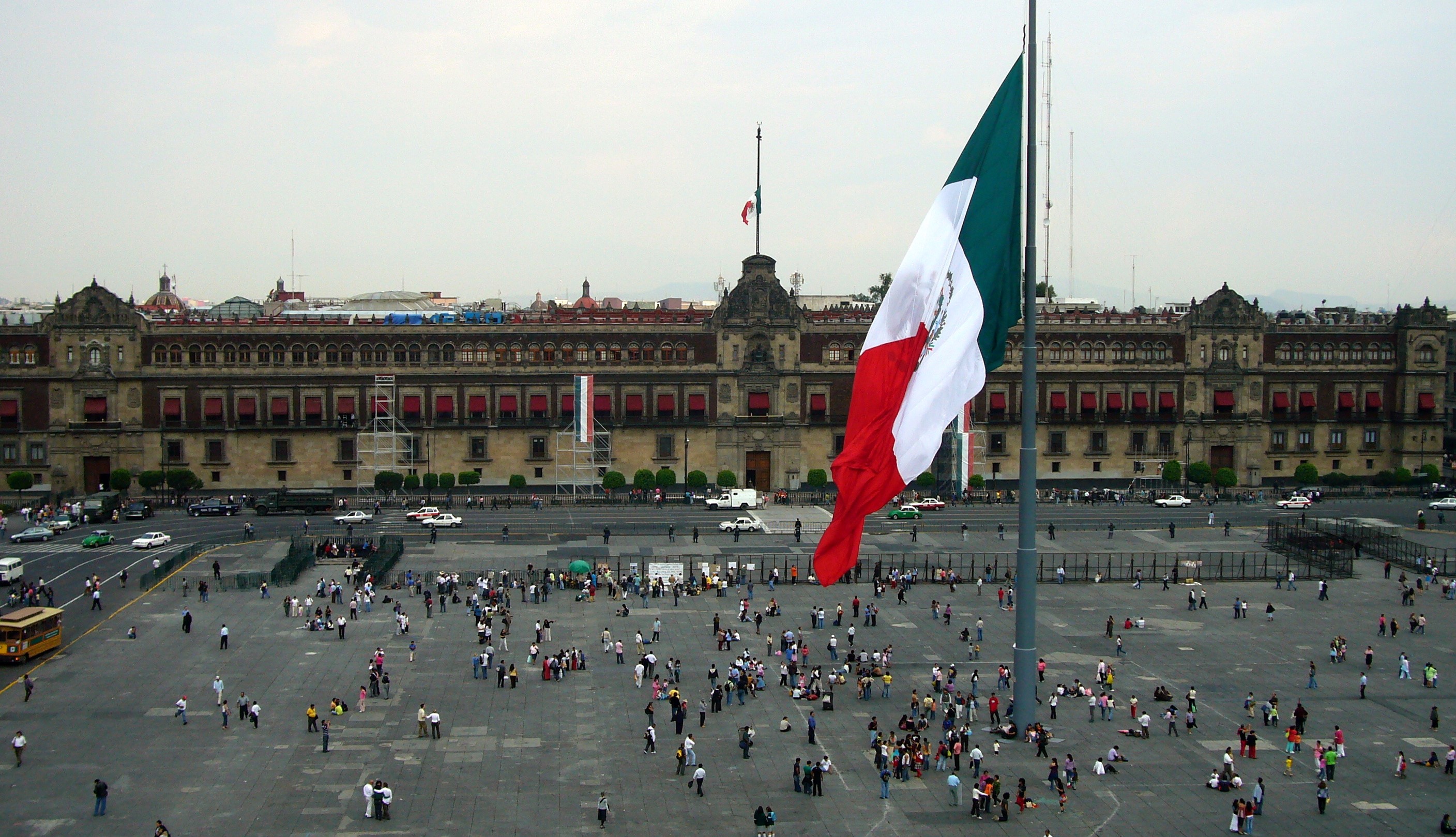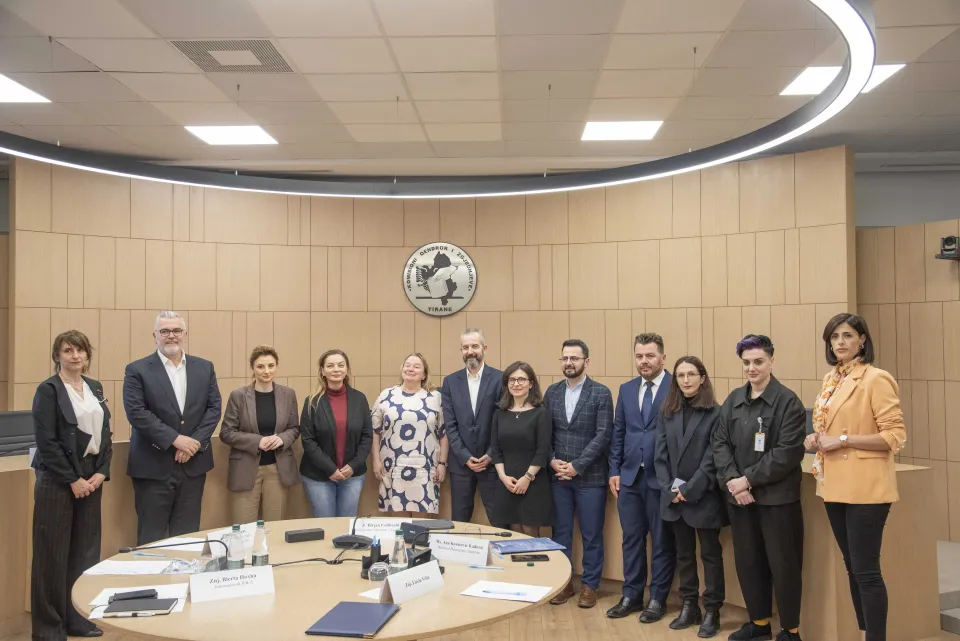
The 2020-2021 Federal Election Process formally started on 7 September 2020. It is considered an unprecedented event, since these will be the biggest and most complex elections held in Mexico’s history. They will be the biggest because on Election Day, 6 June 2021, more than 21,300 offices will be renewed by popular vote. This is due to the fact that, along with the Federal election, all 32 states will have local elections. Besides choosing the new representatives in the Chamber of Deputies—300 of relative majority and 200 of proportional representation—Mexicans will have to elect 15 governorships[1], as well as local congresses, city halls, municipal councils, mayorships, union leaders and councillors, depending on the state they reside in.
Disclaimer: Views expressed in this commentary are those of the authors. This commentary is independent of specific national or political interests. Views expressed do not necessarily represent the institutional position of International IDEA, its Board of Advisers or its Council of Member States.
Este artículo está disponible en español.
Map 1. Elections 2021[2]

Along with the number of elected offices, there has been an increase in the in the constituency. During the last five years, both the voter register and the electoral roll have each gained ten percentual points. Almost 95 million citizens are expected to go to the polls to exercise their right to vote. In order for that to happen, approximately 164 thousand 500 voting polls will have to be installed, and close to 12 and a half million people will have to be summoned to recruit almost 1.5 million poll workers.
The immediate re-election of congresspersons stands out among the process’ innovations, as well as the implementation of tools against gender violence,[3] new provisions regarding gender parity in candidacies for local offices, and an internet vote for nationals residing abroad. Furthermore, two pilot tests will be tried in these elections: (1) the vote for persons in preventive prison, which will be tested on two thousand 185 individuals, and (2) the second pilot trial of the use of electronic ballot boxes on the election day.
As for the Mexican citizens residing abroad during this 2020-2021 FEP, they will be able to vote for the disputed governorships,[4] migrant deputy offices,[5] and proportional representation deputy offices,[6] depending on which state they come from. Furthermore, the internet vote will be implemented for the first time as an alternative to the postal vote, which will still be applied. There are 33,698 Mexican citizens residing abroad registered to vote in this election.
The election which will take place this Sunday, 6 June 2021 will determine the course of the second half of Andrés Manuel López Obrador’s term. A total of 10 political parties will run in this election: Movimiento Regeneración Nacional (MORENA)—which currently holds a majority in the Chamber of Deputies—the Partido Acción Nacional (PAN), the Partido Revolucionario Institucional (PRI), the Partido del Trabajo (PT), the Partido Verde Ecologista de México (PVEM), Movimiento Ciudadano (MC), the Partido de la Revolución Democrática (PRD), the Partido Encuentro Solidario (PES), Redes Sociales Progresistas (RSP), and Fuerza por México. Two coalitions were presented to the INE (National Electoral Institute, for its initials in Spanish): The first is “Juntos Hacemos Historia”, comprised of Morena, PT, and PVEM. The second, “Va por México”, constituted by the PAN, PRI, and PRD.
By the close of the electoral campaigns, on 2 June 2021, the polls showed variations in the measurements, without any clarity as to the results. Regarding the 15 governorships which will be elected next Sunday, the diminishment of voting intention for Morena stands out. At the beginning of campaigns, said party held an ample advantage in 14 out of 15 governorships. However, at the closing of campaigns, that advantage has lessened in half the states. In regards to the Congress of the Union, polls show that Morena will retain a majority in the Chamber of Deputies, although not with the certainty of a supermajority, as it was forecast at the electoral process’ beginning.
Elections during the Covid-19 pandemic
Due to the Covid-19 pandemic scenario, the electoral justice and administration bodies have modified some of their practices so that the electoral process takes place in a safe, efficient, and transparent manner, safeguarding the human rights of all Mexicans. Among those implementations different protocols of health services and protection stand out, both for the electoral bodies’ personnel’s activities and the citizenship’s; the development of online sessions, trials, appeals, or other hearings; the implementation of the electronic vote for citizens residing abroad; and virtual courses, seminars, and conferences.
Regarding electoral justice, the TEPJF (Electoral Tribunal of the Federal Judiciary) has held sessions uninterruptedly during the pandemic; it habilitated the online electoral justice permanently, approved the use of the electronic signature, expanded the catalogue of open issues to be resolved in a non-presential manner during the sanitary emergency in order to attend to urgent issues, and boosted the reach of the courses and conferences given by the Electoral Judicial School.
Political Violence
According to the Etellekt’s Fifth Report on Political Violence in Mexico, with information until 30 May 2021, there have been 782 global aggressions during this process—intentional homicides, threats, kidnappings, thefts, intimidations and other crimes—against politicians and candidates, which is 1 per cent more than those registered during the 2017-2018 electoral cycle. These aggressions arose a total of 737 victims, 518 of them aspiring to an electoral office (202 of them were women), and 75 per cent were seeking municipal offices. Furthermore, there were 89 murders to political figures among those aggressions, out of which 35 were candidates to an electoral office. 35 per cent of the political aggressions during the 2021 electoral process were committed against women, 21 of which have become victims of homicide. This has turned the 2021 electoral process into the second most violent year in intentional homicides against politicians since the year 2000. 75 per cent of the victims of aggression and of murdered politicians belonged to the alliance opposing the state government of where the infractions took place.
This is the context in which the electoral institutions will have the most complex electoral process in Mexico’s history. The solidity with which the electoral institutions have performed their duties during more than thirty years will enable an election day ruled by the legal principles and professionalization they have been known for, same as during the last electoral processes.



